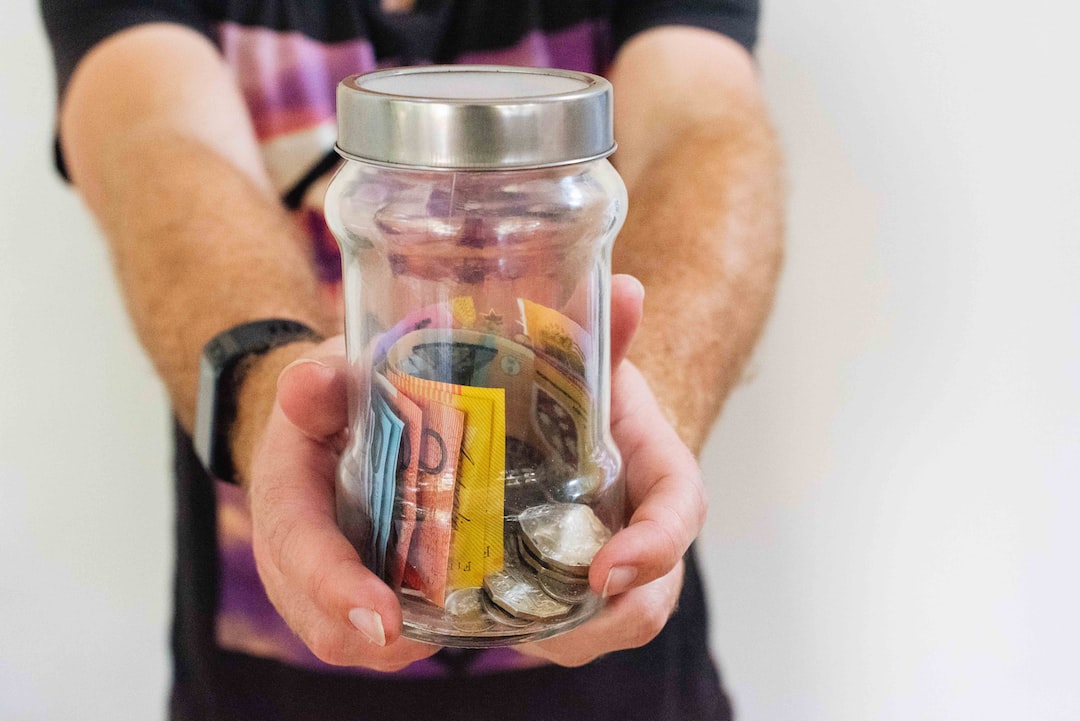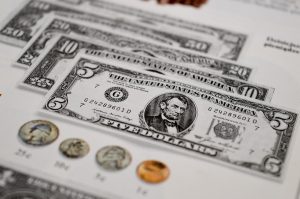Rollover interest is a term used in forex trading that refers to the interest paid or earned for holding a position overnight. In simpler terms, it is the cost or profit incurred by traders for holding a forex position beyond the end of the trading day.
Forex trading involves buying and selling of currencies, and the goal is to make a profit from the price fluctuations. When traders buy a currency pair, they are essentially buying the base currency and selling the quote currency. The position is held until the trader decides to sell it, which could be within minutes, hours, or days.
However, if a trader decides to hold their position overnight, they will incur rollover interest, which can either be positive or negative, depending on the currency pair and the interest rate differential between the currencies.
Positive Rollover Interest
Positive rollover interest is earned when a trader holds a currency pair that has a higher interest rate in the base currency than the quote currency. For example, if a trader buys AUD/USD and holds it overnight, they will earn positive rollover interest because the Australian dollar has a higher interest rate than the US dollar.
The positive rollover interest earned is calculated by multiplying the overnight interest rate differential by the position size. The interest rate differential is the difference between the interest rates of the two currencies in the pair, and it is determined by the central banks of the respective countries.
Negative Rollover Interest
Negative rollover interest, also known as swap or financing fees, is incurred when a trader holds a currency pair that has a lower interest rate in the base currency than the quote currency. For example, if a trader buys USD/JPY and holds it overnight, they will incur negative rollover interest because the US dollar has a lower interest rate than the Japanese yen.
The negative rollover interest is calculated by multiplying the overnight interest rate differential by the position size. Since the trader is borrowing the quote currency to buy the base currency, they are essentially paying interest on the borrowed funds.
Factors that Affect Rollover Interest
Several factors can affect the rollover interest, and traders need to be aware of them to make informed trading decisions.
Interest Rate Differential
The interest rate differential is the primary factor that affects the rollover interest. The higher the interest rate differential between the two currencies, the higher the positive or negative rollover interest.
Trading Hours
The forex market operates 24 hours a day, five days a week. The rollover interest is calculated at the end of each trading day, which is typically at 5 pm EST. However, some brokers may have different trading hours, and traders need to be aware of them to avoid any surprises.
Position Size
The position size also affects the rollover interest. The larger the position size, the higher the rollover interest. Traders need to manage their position sizes to avoid incurring high rollover fees.
Conclusion
Rollover interest is an essential aspect of forex trading, and traders need to understand how it works to make informed trading decisions. Positive rollover interest can be a profitable source of income, while negative rollover interest can increase trading costs. Traders need to consider the interest rate differential, trading hours, and position size when calculating the rollover interest. By understanding the rollover interest, traders can manage their trades effectively and maximize their profits.





